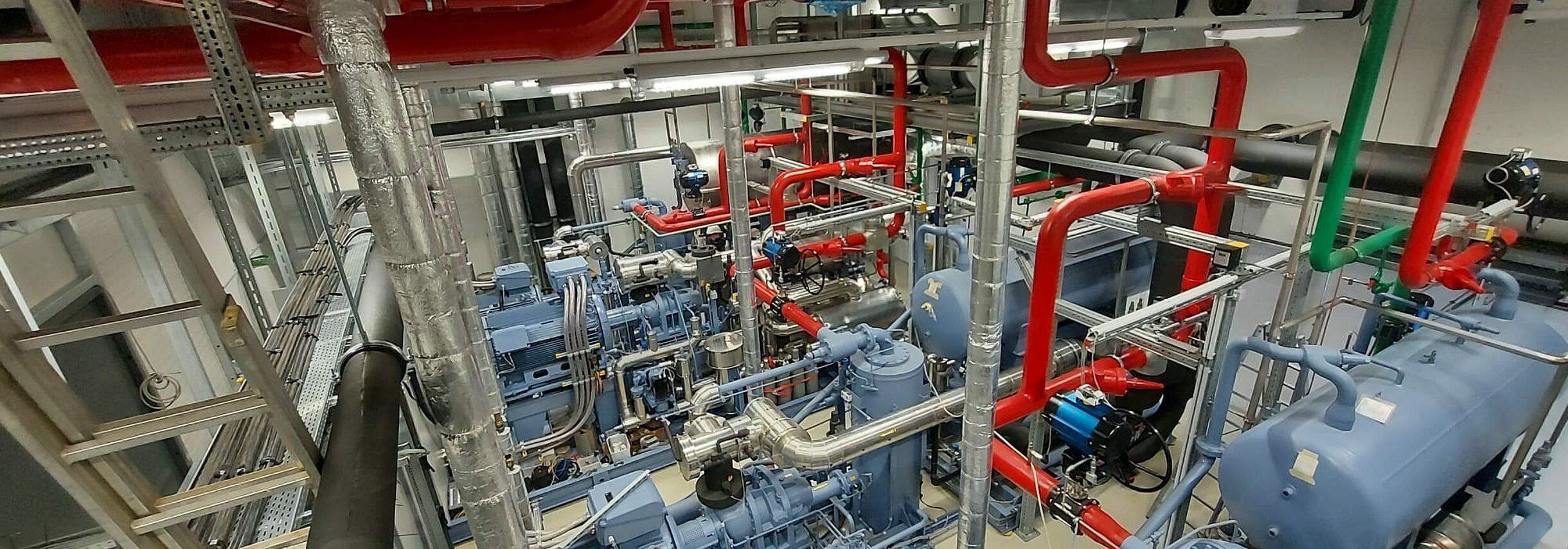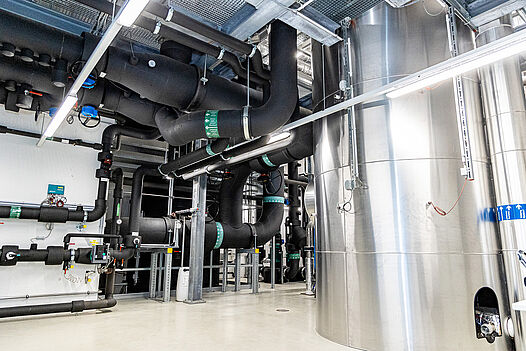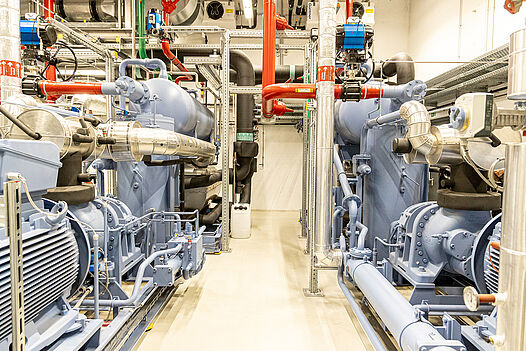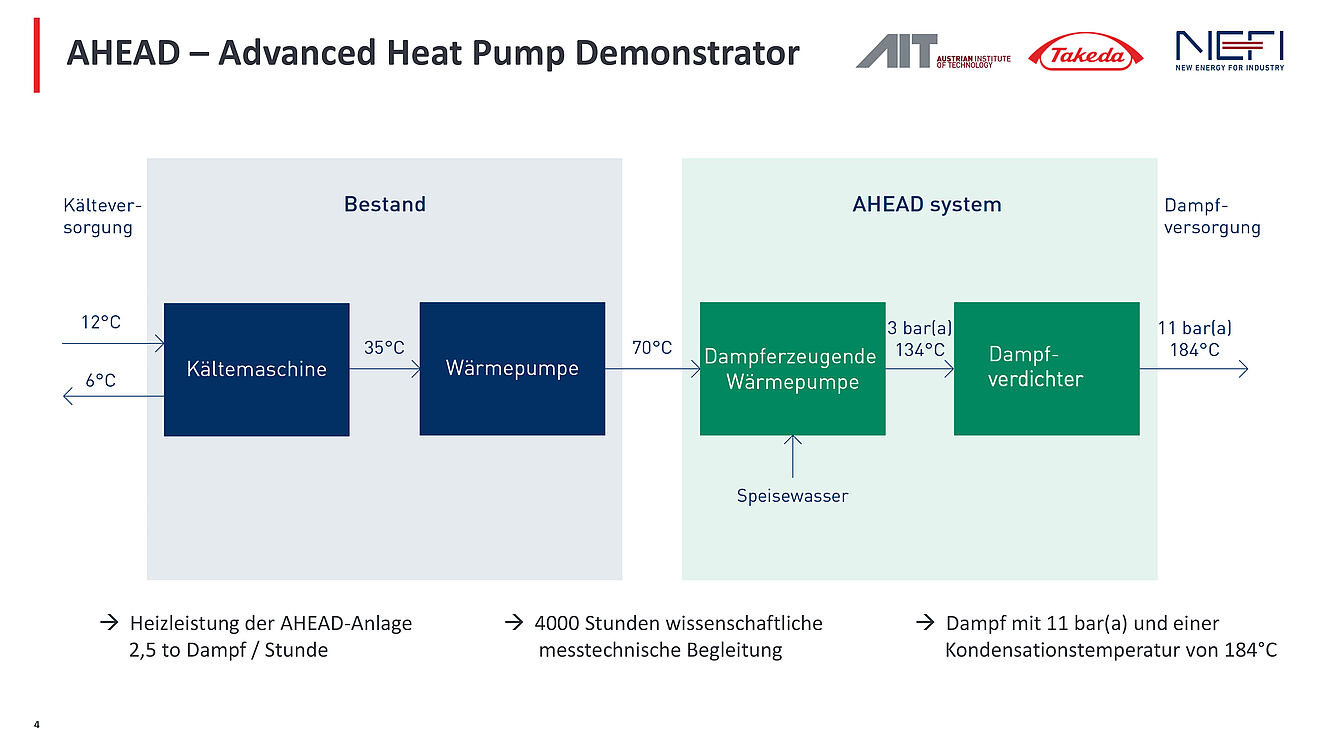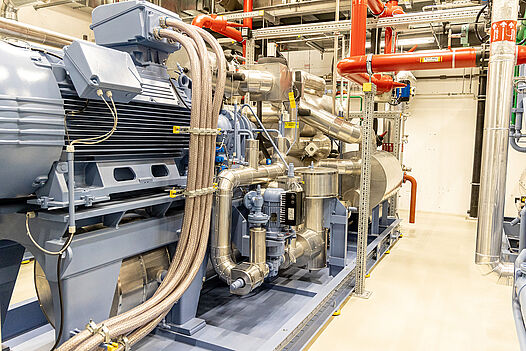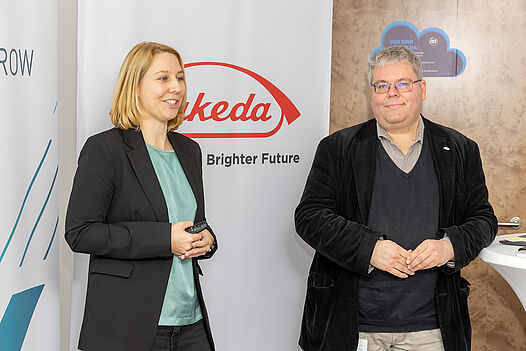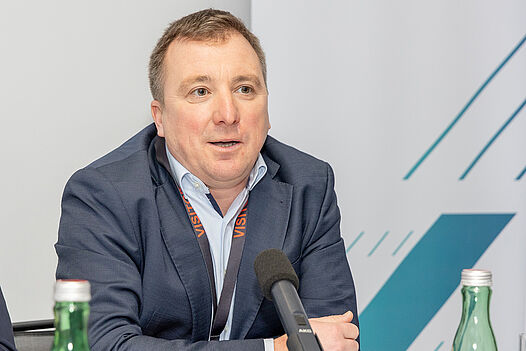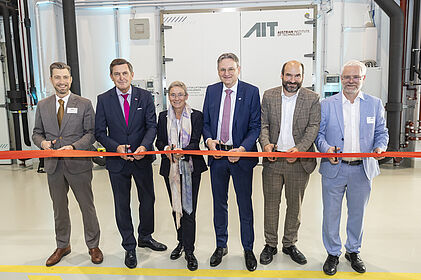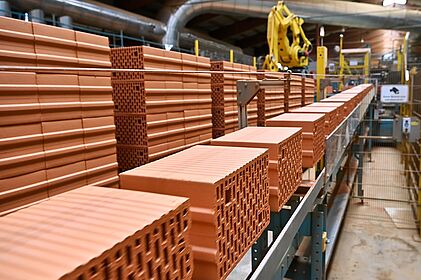Many industrial production processes are very energy-intensive. In the Austrian innovation network NEFI (New Energy for Industry), processes are being developed and demonstrated in practice that make it possible to supply 100% of industry with renewable energy. For example, the AIT Austrian Institute of Technology is working with the pharmaceutical producer Takeda to replace natural gas in steam generation with the help of innovative heat pumps.

